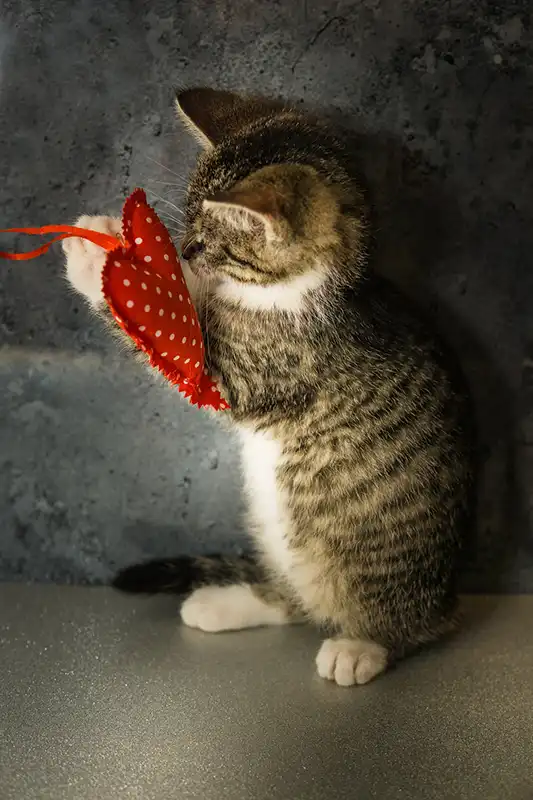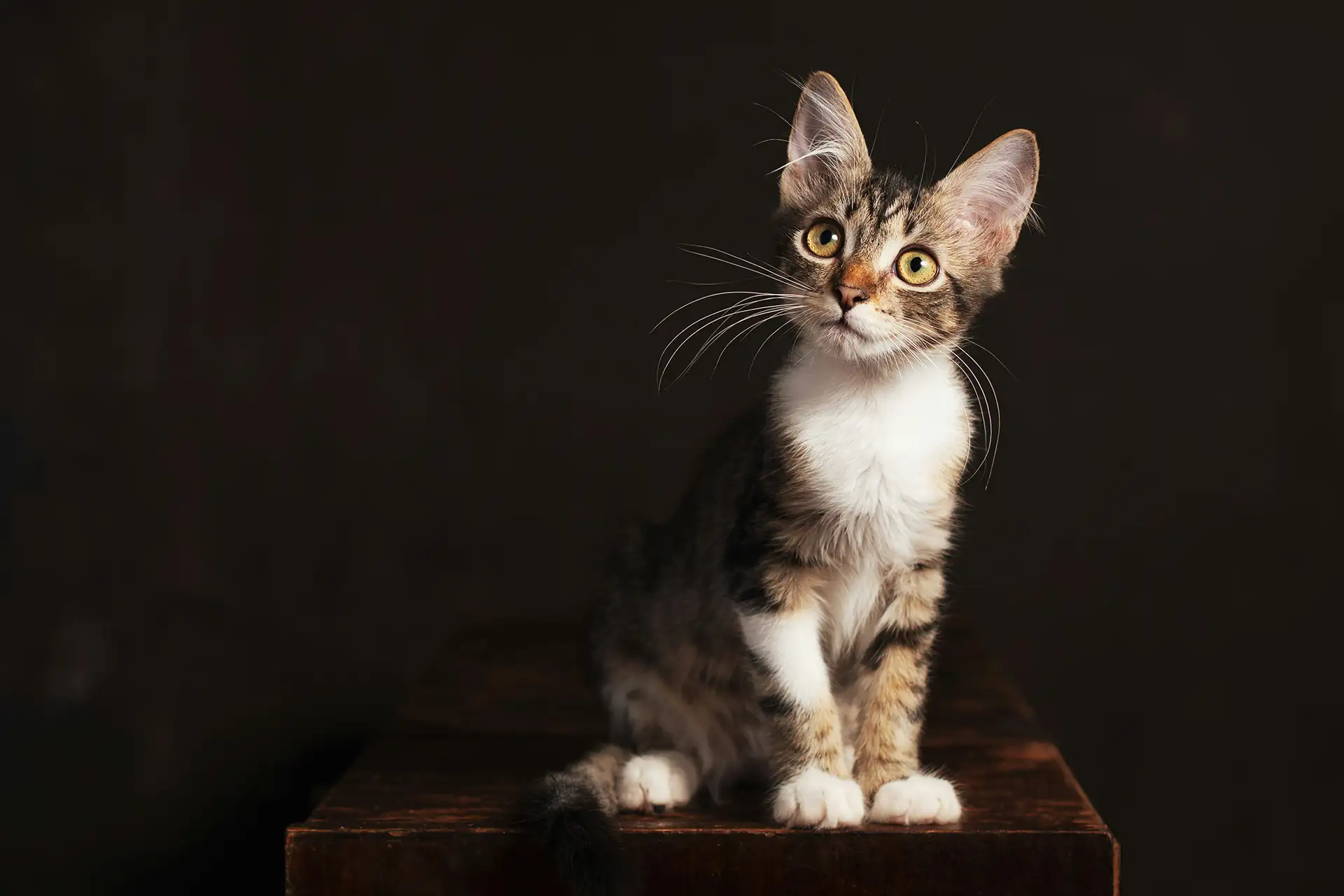At All Cats Clinic, we know that every cat has her quirks—but sudden changes in her litter box behavior can be a major red flag. If you’re in Northwest Arkansas and searching for a vet near me who truly understands feline health, you’re in the right place. Our team of compassionate vets, experienced veterinarians, and caring staff at our veterinary clinic and animal hospital are dedicated to keeping your feline companion healthy and happy. As a trusted pet clinic in Northwest Arkansas, we’re here to help you decode what your kitty’s litter box habits might be trying to tell you.
A cat’s bathroom behavior is one of the clearest windows into her overall health. From subtle shifts to dramatic accidents, these changes can signal anything from mild stress to serious medical issues.
Normal Litter Box Behavior: What’s Typical?
Most cats are naturally clean and consistent when it comes to using the litter box. On average, a healthy cat will urinate 2–4 times and have one or two bowel movements per day.
She should:
- Cover her waste
- Use the box without vocalizing or hesitation
- Stick to her usual schedule
Any noticeable change—frequency, volume, smell, or effort—should prompt a closer look.
Urinating Outside the Box: What It Could Mean
If Fluffy is suddenly using your rug or laundry basket instead of her box, it’s time to investigate.
Possible medical causes include:
- Urinary tract infection (UTI)
- Bladder stones or crystals
- Kidney disease
- Diabetes
- Arthritis (if the box is hard to access)
Stress and anxiety can also lead to inappropriate urination. Has anything changed in your household? New pet? New baby? New furniture?
Pro tip: Cats often associate pain with the litter box and avoid it even after the issue is resolved—so early intervention is key.
Straining or Frequent Trips: Signs of Urinary Trouble
Does your feline friend visit the box more than usual or stay in there too long? Is she vocalizing during urination?
These are urgent warning signs of:
- Feline Lower Urinary Tract Disease (FLUTD)
- Urinary blockages (especially dangerous in male cats)
- Constipation
Male cats are at higher risk of life-threatening urinary blockages. If your cat is straining and producing little to no urine, treat it as a veterinary emergency.
Diarrhea, Constipation, or Mucus: Clues in the Stool
Litter box changes aren’t just about urine. Keep an eye on poop, too.
Concerns include:
- Diarrhea: Could indicate parasites, infections, food intolerance
- Constipation: May result from dehydration, hairballs, or spinal pain
- Mucus or blood: Often signals inflammation or colitis
Smell, Color, and Consistency: What’s Normal?
- Urine: Pale yellow, not strong-smelling
- Stool: Brown, firm, shaped like a log
Foul-smelling waste, especially when combined with changes in appearance or behavior, is worth a check-up with your veterinarian.
Behavioral or Environmental Causes
Not all litter box issues are medical. Sometimes, it’s the box itself.
Ask yourself:
- Is the box clean?
- Is it in a quiet, private spot?
- Is the litter scent-free and soft on her paws?
- Do you have enough boxes (1 per cat + 1 extra)?
Some cats simply have preferences—and they’re not afraid to voice them.
When to Visit Your Vet
Here at All Cats Clinic, we recommend a visit if your cat:
- Suddenly stops using the litter box
- Is straining or crying in the box
- Has blood in urine or stool
- Goes more or less often than usual
- Shows changes in appetite or energy
Our team will perform a thorough exam and may recommend bloodwork, urinalysis, or imaging to get answers fast.
FAQs
How do I know if it’s a behavior issue or a medical one?
Start with a vet visit. We’ll help rule out medical problems first—then look into stress or preferences.
Is peeing outside the box ever normal?
Only if the box is dirty. Cats like their bathrooms clean, and who can blame them? Otherwise, no. It’s always a signal that something’s off—physically, emotionally, or environmentally.
My cat is constipated. What can I do at home?
Call your vet and ask if Fluffy should come in. Mild cases may improve with hydration or dietary fiber, but chronic issues need veterinary evaluation.
Can anxiety cause litter box problems?
Yes. Cats are sensitive creatures. New routines, pets, or loud noises can throw them off.
Visit Our Vet Clinic in Northwest Arkansas
At All Cats Clinic, we know that your feline pal isn’t just a pet—she’s family. If you’re noticing litter box changes and live in Northwest Arkansas, our friendly vets, veterinarians, and team at our veterinary clinic are here to help. Don’t wait for symptoms to get worse. Let’s find out what’s going on and help your kitty feel better. Schedule your wellness exam with us today.






!Social Media Icons